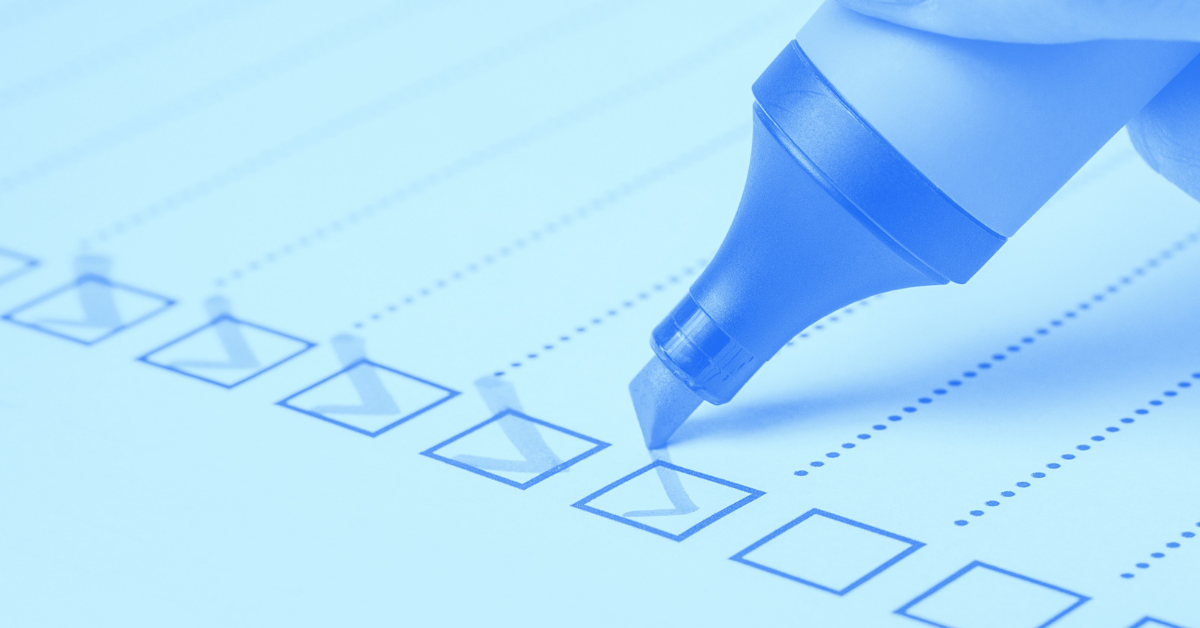These Related Stories
How to Tell Good Debt Versus Bad Debt
Share this

3 MIN READ
Debt can ruin your life! You may have heard this statement before.
Many financial experts will discuss the negative ramifications of debt and why you should avoid it at all costs.
I agree that debt can be bad, and I’ve written about it several times (here and here), but debt can also be a way for you to accelerate the wealth-building cycle.
The key is understanding the difference between ‘good debt’ and ‘bad debt’ and how to properly use it in your favor.
Bad Debt
The following areas should be avoided as much as possible.
1. Credit Card Debt
Credit cards are one of the easiest ways to get yourself into financial trouble. It’s so easy to pull out our credit card and swipe away without realizing how much debt you are racking up. Eventually, your statement comes in and you get hit with a real eye-opening balance.
It’s best to pay off your credit cards each month and avoid the high interest rates associated with this form of debt.
Verdict: Credit Cards = Bad debt!
2. Car Loans
If you commute to and from work and don’t have access to public transportation, buying a car is a necessity. The problems arise when people overextend themselves with how much they purchase. And you start to get into really dark territory when you use auto loans to purchase new cars.
The problem isn’t the loan itself; it’s that when you buy a new car it immediately loses value the moment you drive it off of the car lot. This means you’ve paid for a vehicle with debt, which has immediately lost value! Not exactly a great use of debt, and certainly not a good “investment.”
The only positive is that you are at least using this purchase to help you earn an income.
Verdict: Car Loans = Semi-Bad Debt
3. Clothes, Furniture, and Other Usable Items
This category really gets me going. I am almost annoyed when I get offered to apply for a credit card at a clothing store, or any other similar business.
As mentioned above, at least with a car you are using the item to drive to and from work, thus helping you earn an income. You’re going to have a hard time convincing me that buying a new sofa or pair of pants is going to help you earn a higher income.
Verdict: Consumables Loans = Bad Debt!
Good Debt
The best way to assess if a certain form of debt is good is to ask yourself, "Will this debt help me build wealth?"
If there is a legitimate wealth-building use for that debt, it could fall into the “good” category.
1. Student Loans
Although the cost of a college degree has skyrocketed in recent years, it is still very beneficial to obtain one. The increase in life-time earnings far outweighs the average cost of higher education.
The average college graduate earns 56% more than high school grads, and the difference is increasing. This is a monstrous wage gap, and a whole lot of incentive to get your diploma, even if it means taking out some debt to do so.
The big caveat in this is the differing income ranges depending on your field of study. You need to weigh the cost of attending a specific school versus how much you plan to make when you graduate. You don’t want to attend a high-priced private institution if your desired career is in a low-paying field.
Verdict: Student Loans = Good Debt!
2. Real Estate
I’ve written extensively on this blog about my love of real estate investing. It is one of the best ways for you to build true wealth.
For generations, savvy investors have been building fortunes through the use of real estate investing.
If you are interested in learning how, you should definitely check out my article “How To Buy Real Estate Like A Pro” to get started.
P.S. – I’m not talking about buying a single-family home. This is in relation to multi-family investment properties.
Verdict: Real Estate = Great Debt!
3. Small-Business Loans
Starting your own business can be a great way to help build wealth, IF you’re successful.
Many of the wealthiest individuals were able to build incredibly successful businesses. In fact, if you look at the most popular wealth-building assets of the rich, you’ll find that businesses are one of the preferred assets.
The big “but” in this scenario is that the vast majority of small businesses fail.
We won’t go into all of the reasons here, but you need to make sure you fully assess the risks and make sure you’ve done extensive planning before you venture into opening up your own business, especially if you plan to take out debt to do so.
Verdict: Business Loans = Good Debt
Final Points
The surest way to avoid getting yourself into trouble with debt is not using it at all.
From my experience, if properly utilized, debt can be a great way to help build wealth. It’s just important to understand how each type of debt can either hurt you or benefit you. And even if you are utilizing “good debt,” you still need to be careful with how much you are taking out, and not get in over your head.
 About the Author
About the Author
Jared Paul, CFP®, CIMA, and Certified Strengths Coach, is the founder of Capable Wealth, a fee-only financial planning and life coaching company dedicated to helping young physicians and dentists live their ideal lives by providing clarity and empowering them to make great money decisions.
Capable Wealth helps professionals, specifically in the early stages of their careers, bridge the gap between their current life and their dream life. They walk with you on your journey as you grow your wealth, and discover what you are truly capable of.
Do you know XYPN advisors provide virtual services? They can work with clients in any state! View Jared's profile
Share this
- Good Financial Reads (923)
- Financial Education & Resources (892)
- Lifestyle, Family, & Personal Finance (865)
- Market Trends (114)
- Investment Management (109)
- Bookkeeping (55)
- Employee Engagement (32)
- Business Development (31)
- Entrepreneurship (29)
- Financial Advisors (29)
- Client Services (17)
- Journey Makers (17)
- Fee-only advisor (12)
- Technology (8)
Subscribe by email
You May Also Like

Debt is Evil

Creating a Debt Hitlist

